In the ever-evolving world of technology, programming languages play a crucial role in shaping the landscape of software development. With each passing year, new languages emerge, while existing ones undergo transformations to meet the demands of a rapidly changing industry.
In this blog post, we will embark on an exciting journey to explore some of the future’s top programming languages. These languages are predicted to make significant waves in the software development community, enabling developers to build cutting-edge applications and stay ahead in the digital era.
Future’s Top Programming Languages
#1. Rust:
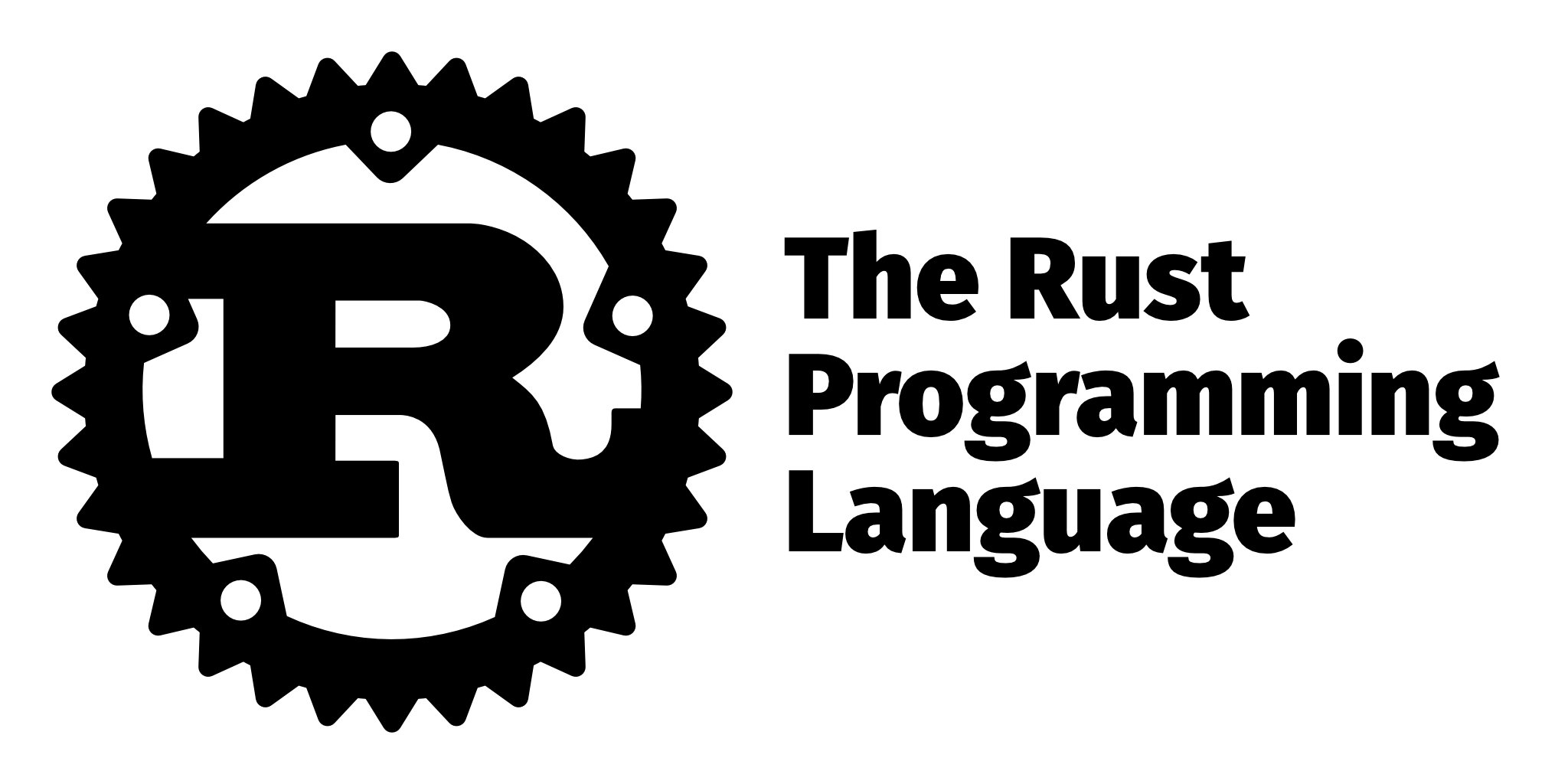
Rust has been gaining considerable momentum in recent years, thanks to its focus on memory safety, performance, and concurrency. Designed to overcome the challenges of writing safe and efficient system-level code, Rust empowers developers to build robust and reliable applications. Its unique features, such as zero-cost abstractions and ownership model, provide memory safety without sacrificing performance. Rust’s growing popularity in domains like systems programming, embedded devices, and web development showcases its potential as a top programming language of the future.
#2. Kotlin:
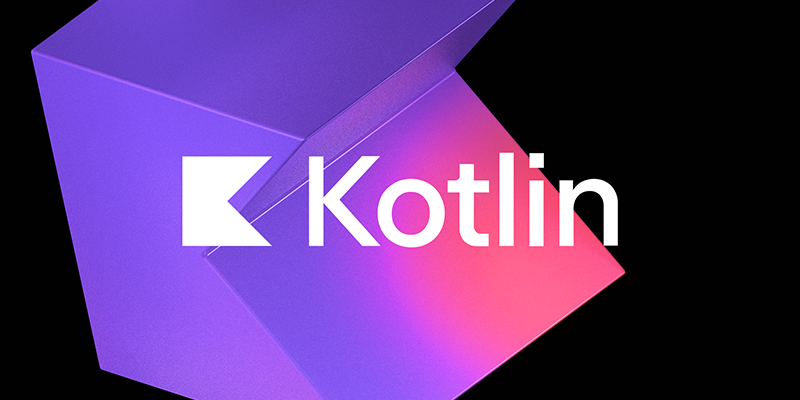
Kotlin, originally introduced as a language for Android app development, has witnessed significant adoption and is poised for an even brighter future. Praised for its modern syntax, strong type inference, and seamless interoperability with Java, Kotlin offers an enhanced development experience. With Google officially endorsing Kotlin as a first-class language for Android development, its popularity is set to soar. Beyond mobile development, Kotlin’s versatility extends to server-side programming, web development, and even native application development, making it a formidable contender among future programming languages.
#3. Julia:
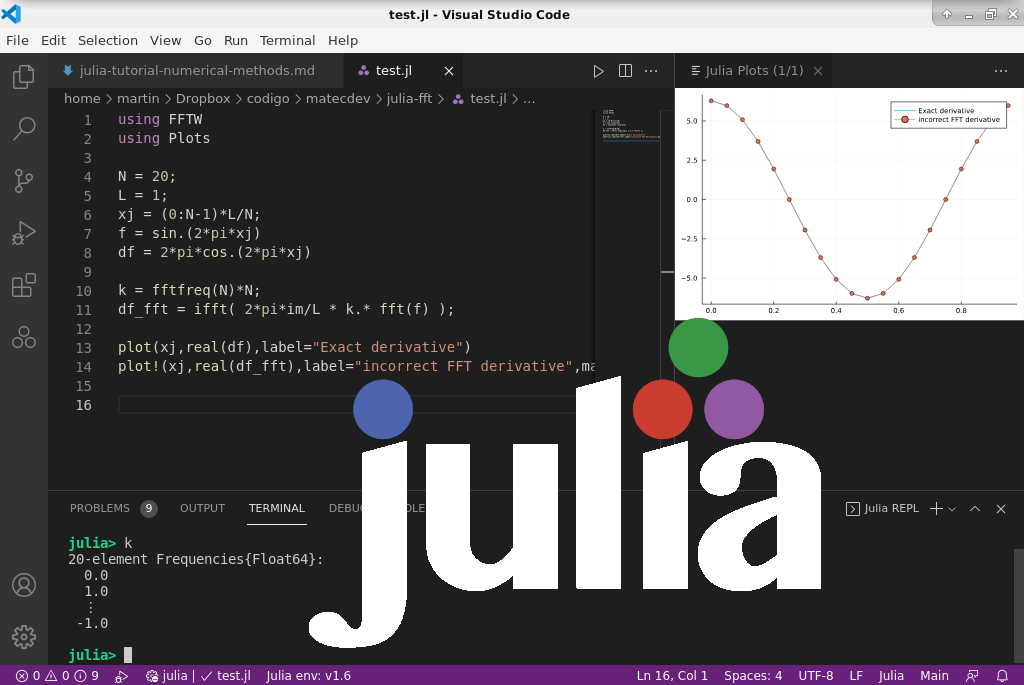
Julia is a high-level, high-performance language that combines the best of both worlds: the ease of use of dynamic languages and the performance of statically typed languages. Built with scientific computing in mind, Julia has gained attention from researchers, data scientists, and engineers due to its ability to efficiently handle numerical and computational tasks. Its extensive ecosystem of packages and libraries, along with its simplicity and speed, make it a promising language for domains such as data analysis, machine learning, and numerical simulations.
#4. TypeScript:
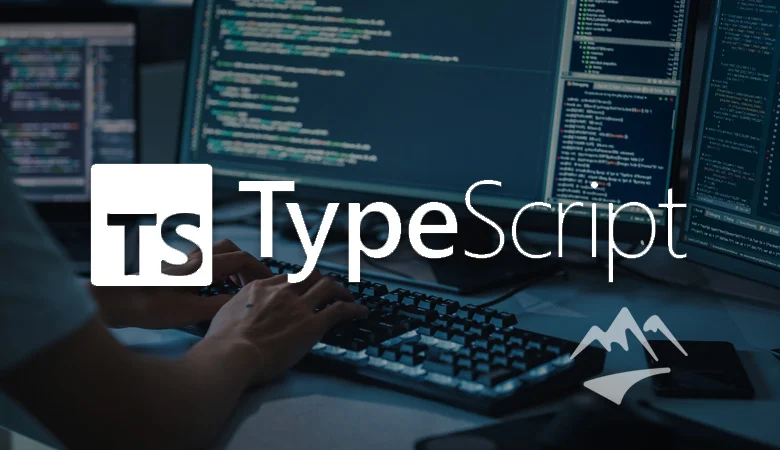
TypeScript has emerged as a go-to language for web development, and its growth shows no signs of slowing down. Developed by Microsoft, TypeScript is a superset of JavaScript that introduces static typing and provides tooling for large-scale applications.
By adding type annotations, developers can catch errors during compilation, leading to more reliable code. TypeScript’s adoption by major frameworks such as Angular and React, along with its robust community support, positions it as a top contender among future programming languages, particularly in the realm of web development.
#5. Elixir:
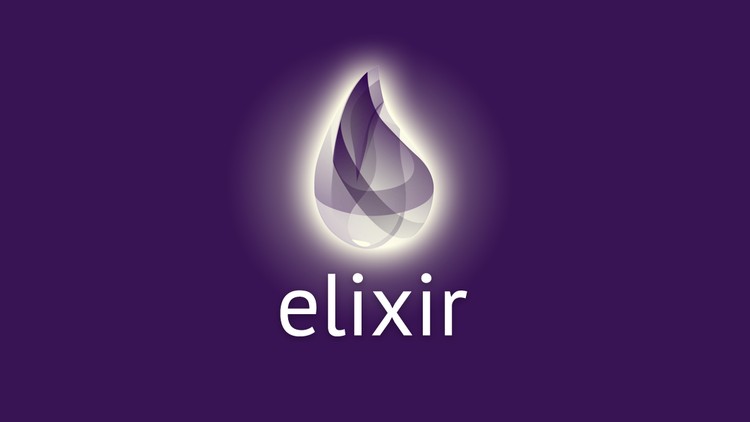
Elixir, built on top of the Erlang Virtual Machine (BEAM), is gaining traction in the world of concurrent and distributed systems. Known for its fault-tolerant nature and scalability, Elixir combines a familiar syntax inspired by Ruby with the powerful actor model provided by Erlang. Its ability to handle millions of connections concurrently and handle real-time communication makes it ideal for building robust and highly available applications, such as chat systems, IoT platforms, and collaborative tools.
Conclusion: As technology continues to evolve, programming languages play a vital role in driving innovation and enabling developers to bring their ideas to life. The future’s top programming languages, such as Rust, Kotlin, Julia, TypeScript, and Elixir, offer unique features and cater to specific domains, ensuring that developers have the necessary tools to tackle complex challenges. By staying informed and embracing these languages, programmers can remain at the forefront of the ever-changing software development landscape, embracing new opportunities and creating impactful solutions.
